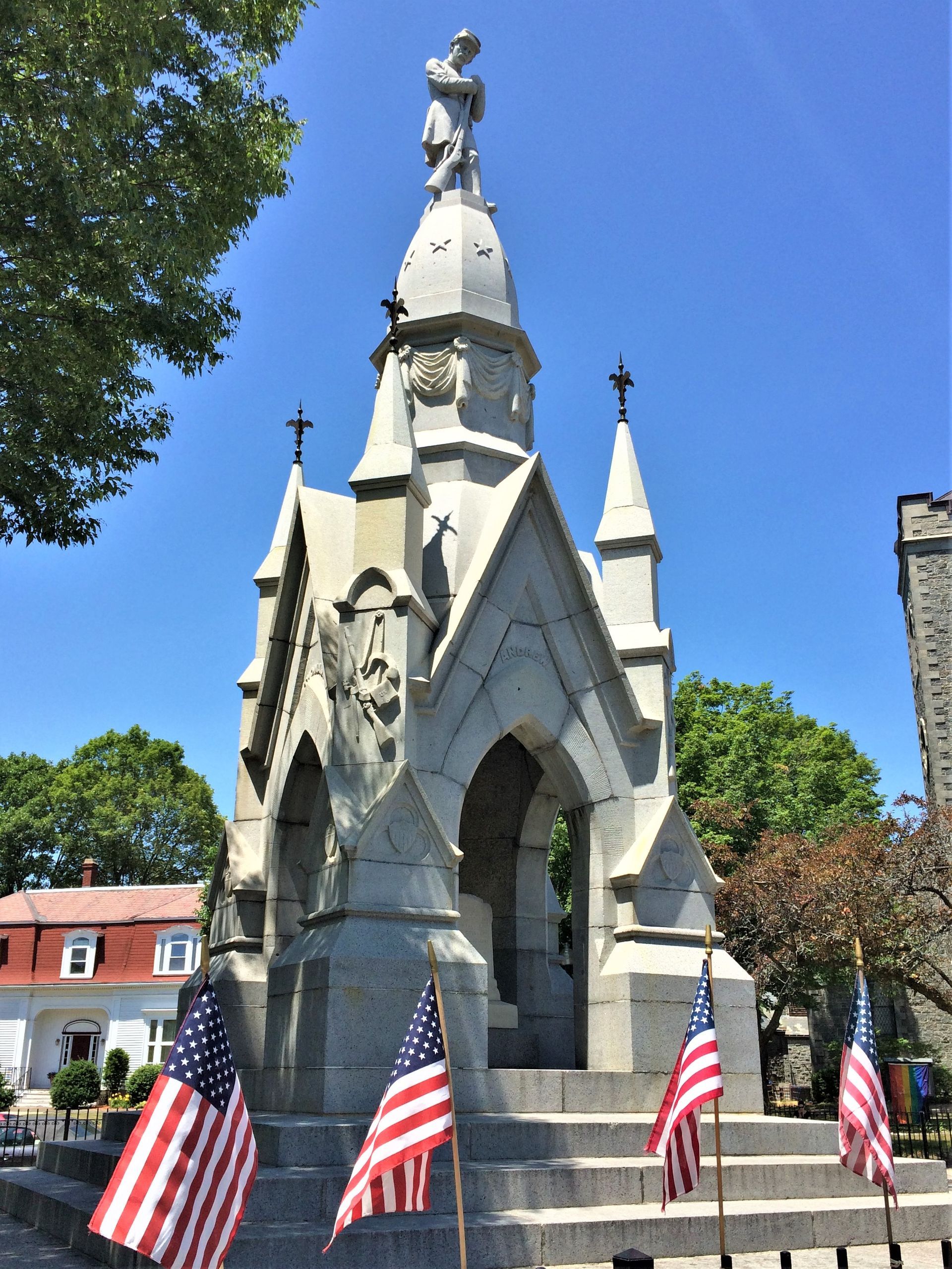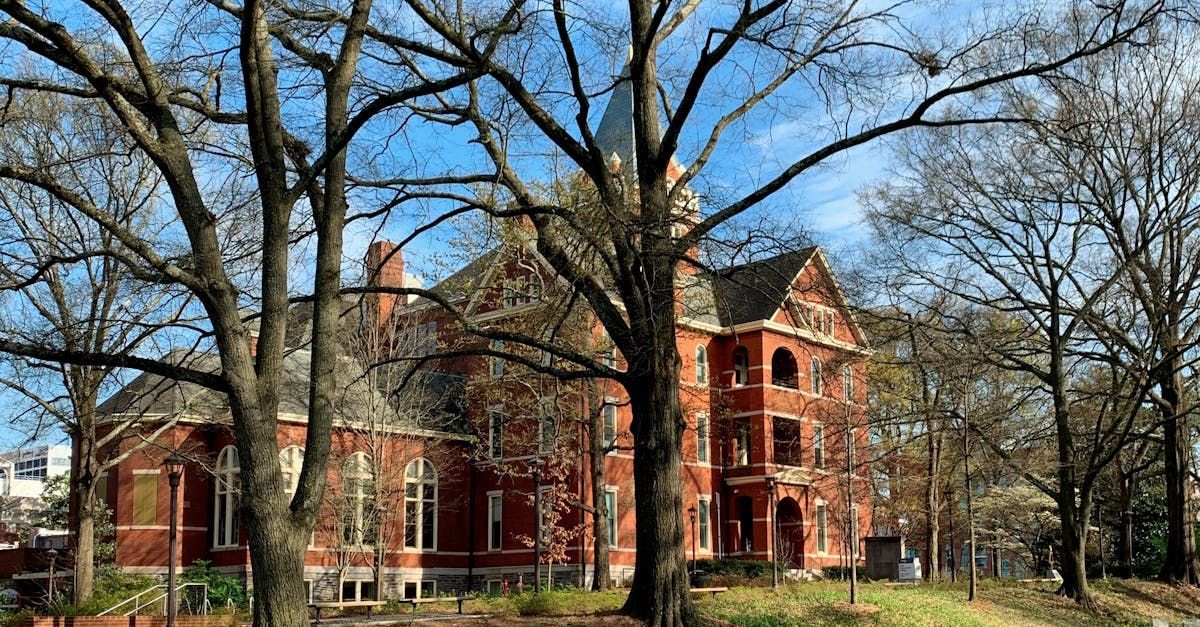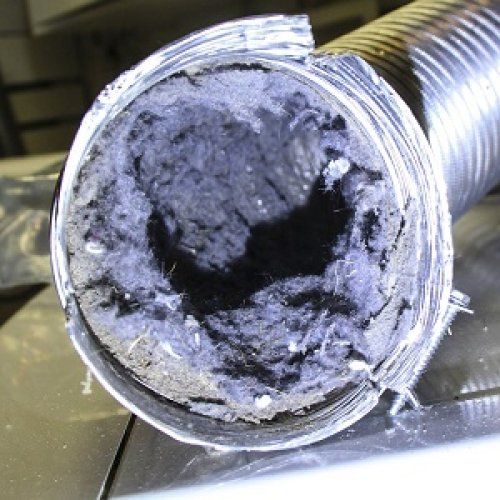Mold Found within Modernist Style Homes in Lincoln, MA
Mold Testing Identifies Penicillium and Aspergillus in a Lincoln Deck Home
The Importance of Mold Testing in Modernist and Deck Style Homes in Lincoln, MA
Mold can pose a serious threat to the health and safety of homeowners, particularly in properties where moisture builds up silently over time. In Lincoln, MA, many homes built during the 1960s—especially modernist and deck-style homes—are more susceptible to mold growth due to design features and the materials commonly used in that era. With open layouts, flat or low-slope roofs, and integration with the surrounding environment, these homes often experience challenges with moisture management.
PowerBees, a leading indoor air quality company specializing in mold testing, recently conducted mold testing in a modernist-style home in Lincoln. The property, built in the 1960s, had no visible signs of mold. However, after comprehensive testing, lab results revealed high levels of Penicillium and Aspergillus. These two mold types are among the most common found in homes and are known to cause a variety of health issues, particularly for those with respiratory sensitivities.
Understanding the Health Risks: Penicillium and Aspergillus
While Penicillium has been famously used in medicine to produce antibiotics, its presence indoors is far less welcome. This mold thrives in damp, hidden areas such as inside walls, beneath carpets, or behind appliances. For individuals with mold sensitivities, exposure to Penicillium can trigger allergy-like symptoms including coughing, sneezing, eye irritation, and respiratory distress. Over time, prolonged exposure may exacerbate asthma or lead to chronic sinus issues.
Aspergillus, similarly, is widespread and particularly concerning in indoor environments. It can produce allergens and mycotoxins that contribute to poor indoor air quality. Individuals with weakened immune systems are at a greater risk of developing more serious complications from exposure, including fungal infections like aspergillosis. Even in healthy people, regular exposure to airborne Aspergillus spores can result in respiratory irritation or allergic responses.
Why Mold Testing Is So Important in Mid-Century Homes
Many homes in Lincoln from the 1960s were designed to embrace nature, light, and open space. While these homes have visual appeal and architectural interest, their structural features can sometimes allow moisture to enter and accumulate without immediate detection. Large windows, minimal attic ventilation, and wood-based construction materials may increase the risk of mold in hidden areas, especially in basements, crawl spaces, or under floors.
Regular mold testing plays a key role in identifying hidden issues before they evolve into larger health and structural problems. Mold spores are microscopic and can easily travel through a home's HVAC system, settling in multiple areas and decreasing indoor air quality. Professional testing not only confirms the presence of mold but also identifies the specific species, helping guide remediation and prevention strategies tailored to the home’s needs.
Lincoln, MA: A Town with a Revolutionary Past
While mold may be invisible, Lincoln’s impact on American history is anything but. Incorporated in 1754, Lincoln played a notable role in the early stages of the American Revolution. On April 19, 1775—exactly 250 years ago yesterday —Paul Revere was captured by British troops in Lincoln during his midnight ride. Today, Lincoln is a quiet town with a population just under 7,000, offering residents access to conservation land, arts, and a deep sense of community.
Amidst this historic backdrop, homes in Lincoln tell stories of their own. As residents preserve and enjoy the architectural uniqueness of their properties, it’s essential to keep indoor environments healthy and safe. That’s where mold testing becomes a vital part of responsible homeownership.
PowerBees: Leaders in Indoor Air Quality
PowerBees has helped homeowners across Massachusetts maintain healthy indoor environments through expert mold testing and remediation services. As a trusted indoor air quality company, PowerBees uses advanced equipment and lab analysis to detect mold that might otherwise go unnoticed.
Certified by respected organizations like the National Air Duct Cleaners Association (NADCA) and the Institute of Inspection Cleaning and Restoration Certification (IICRC), PowerBees follows industry best practices for mold inspection and indoor air quality management. Whether a home is modern, traditional, or anything in between, PowerBees helps ensure that the air inside is as clean and safe as possible.
The recent Lincoln case is a reminder that even homes that look pristine can hide mold in wall cavities, insulation, or air systems. In this instance, identifying and removing Penicillium and Aspergillus helped the family avoid worsening health symptoms and prevent further spread of the spores throughout their home.
Prioritizing Health at Home
Mold testing is a simple, preventive measure that can have long-term benefits for homeowners—especially in homes that are more than 50 years old. Modernist and deck-style homes, while beautifully designed, may be vulnerable to moisture problems that aren't immediately obvious. Testing not only offers peace of mind but can also be the first step in improving indoor air quality and protecting family health.
If your Lincoln home hasn’t had mold testing in recent years, or if family members are experiencing unexplained allergy symptoms, it may be time to reach out to a professional. PowerBees offers thorough mold inspections and indoor air quality assessments designed to give homeowners the information and solutions they need.



















